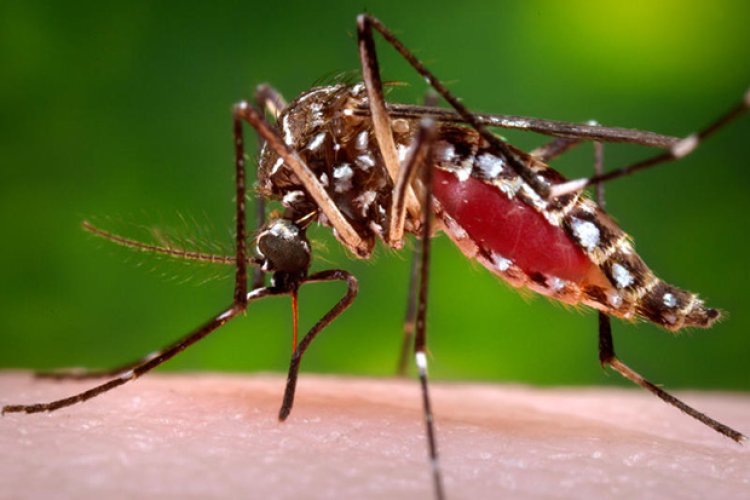Delhi: ₹1,000 fine for mosquito breeding amid dengue threat after floods
Delhi government increases fines for mosquito breeding to control the spread of dengue. 187 dengue cases and 61 cases of malaria reported so far this year.

The Delhi government on Friday doubled fines for mosquito breeding - 1000 for families and 5000 for commercial facilities, according to Health Minister Saurabh Bhardwaj - as dengue spreads as flood waters recede.
The choice was made following a review meeting with Bhardwaj, health officials, and the mayor to discuss strategies to stop the spread of dengue and other vector-borne diseases in the city, which was presided over by Chief Minister Arvind Kejriwal.
According to the minister's directives, the health department has been told to set aside beds for dengue patients and make sure that hospitals and clinics have enough medication.
The genome sequencing of 20 dengue samples, according to Saurabh Bharadwaj, showed that 19 of them were from a severe strain
"Floods in Delhi may raise the number of dengue cases"
Prior to now, Mayor Shelly Oberoi issued a warning about possible rises in dengue and malaria infections as a result of floods in some places. The silt and sludge left behind by the flood, she said, have been cleared, and departments have been ordered to control mosquito breeding.
Cases of malaria and dengue in Delhi
Delhi has so far registered 187 dengue infections and 61 malaria cases this year through July 22. These numbers are the highest since 2018.
According to a civic authority data made public on Monday, there have been 187 dengue cases reported in the national capital this year as of July 22. This is the highest number for the same time period since 2018.
61 cases of malaria have also been reported over that time, it added.
159 dengue cases were reported in Delhi in 2022 between January 1 and July 22. The same period in 2021 had 47 dengue cases reported.
The city saw 49, 34, and 28 cases in 2018, 2019, and 2020, respectively.
What signs and symptoms manifest in dengue?
According to the World Health Organisation (WHO), dengue symptoms might include high fever (104°F), severe headache, muscle and joint pains, vomiting, and rash and often manifest 4–10 days after infection.
According to the WHO, severe dengue symptoms might include pale complexion, abdominal pain, prolonged vomiting, bleeding gums or nose, and exhaustion after the fever has subsided.
measures to prevent dengue
According to the WHO, it's crucial to protect yourself from mosquito bites to prevent dengue. This includes wearing protective clothes, sleeping under mosquito nets during the day, and applying insect repellents that contain DEET, picaridin, or IR3535.
WHO advises rest, fluids, and the use of paracetamol (paracetamol) for pain management if you have dengue. Ibuprofen and aspirin should not be taken, advises the UN's main public health organisation.
Immediately seek medical care if you have any serious symptoms.













